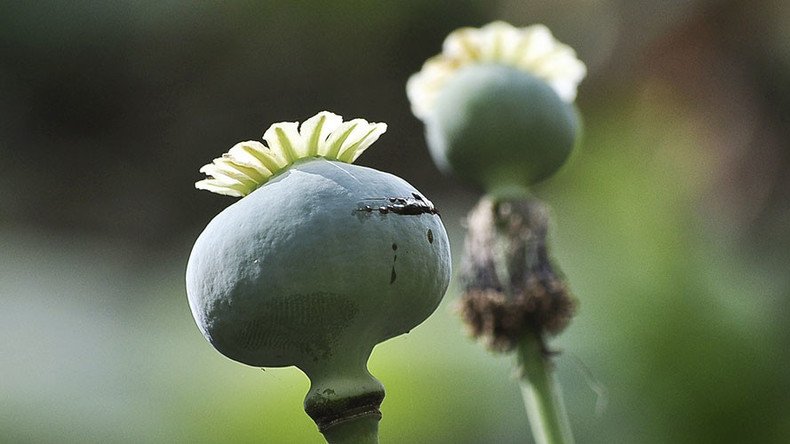Poppycock! 35 Chinese restaurants probed for opium seasoning

We now know food addiction is a real thing, thanks to a study published late last year, but customers of 35 restaurants across China may have discovered this week why they absolutely LOVE the soup and seafood dishes.
Nearly three dozen restaurants were found to be illegally using poppy powder for seasoning.
Five restaurants are being prosecuted and 30 are under investigation for using the active ingredient in drugs such as morphine and heroine.
The China Food and Drug Administration announced the news on Wednesday, detailing the restaurants involved including Huda, a popular chain in Beijing.
A manager at the chain told AP they were under investigation, claiming they unknowingly sourced seasoning containing opiates.
高大尚。 (@ 胡大饭馆 Huda Restaurant in Beijing) https://t.co/ASQylfAABKpic.twitter.com/4xcDnKff36
— visual (@wjtvbm) August 21, 2015Poppy powder, which is banned as a food additive in China, can be purchased easily in markets in the west of the country.
It contains a higher level of opiate content than poppy seeds commonly used on bagels, which was no consolation to the ‘Seinfeld’ character Elaine.
The powder is thought to be used in soup and seafood.
It is unclear as to whether the level of opiates in poppy powder are sufficient to create a dependency or give a high to a customer.
The newest revelation is the latest high profile problem within the Chinese food industry.
In 2008, the country was involved in a tainted milk scare which left four children dead and a ban on the product in several countries.
READ MORE: Europe bans Chinese milk amid poisoning scare
A Shanghai-based supplier in 2014 used rotten meat in some of the country’s most popular fast food chains, including McDonald’s.












